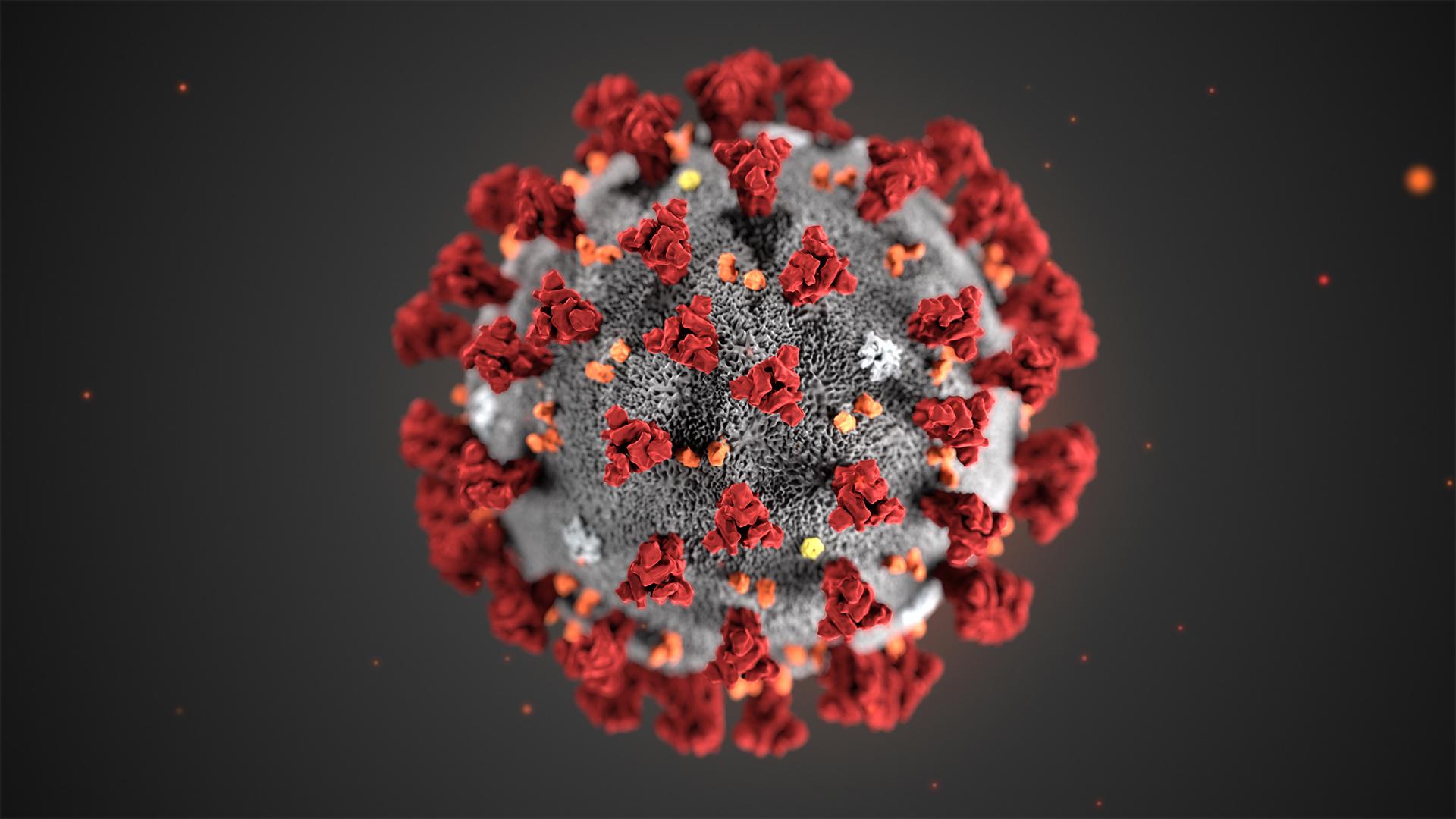
The Chinese state is extending its grip on previously private investments in different areas like housing, health care, and education, similar to its crackdown on tech sectors in the past, says leading economist Arthur Kroeber to Reuters. Investors now prefer to turn to those industries, as they have the state as a backup.
Reuters:
China’s recent sweep of the medical sector came as a shock to many investors who had thought the end of Beijing’s three-year regulatory purge of the property and tech sectors meant there would be no more industry-wide crackdowns as policymakers prioritised economic recovery.
Several government bodies in July launched a year-long anti-corruption campaign into the medical system, making clear that China’s drive to deliver affordable housing, education and healthcare to its masses was more important.
That forced many investors to quickly draw parallels with last year’s crusade against private tutoring and a long-running one against tycoon Jack Ma’s consumer finance firm Ant Group.
The one unanimous conclusion they came to was that Beijing wants a greater state presence in these sectors.
“The underlying principle is that healthcare is kind of like a social service that should principally be in state hands,” said Arthur Kroeber, partner and head of research at Gavekal in New York. Kroeber says the crackdowns are about “defining what the state does, what the private sector does, and creating a more limited sandbox for the private sector to play in.”
“This links to the idea of common prosperity because it’s the state’s job to guarantee a level of provision of basic services, whether it’s education or healthcare, so it’s important for the state to have a role,” he said.
That has left investors now picking the state over the private sector.
Arthur Kroeber is a speaker at the China Speakers Bureau. Do you need him at your meeting or conference? Do get in touch or fill in our speakers’ request form.
Are you looking at more political experts at the China Speakers Bureau? Do check out this list.



